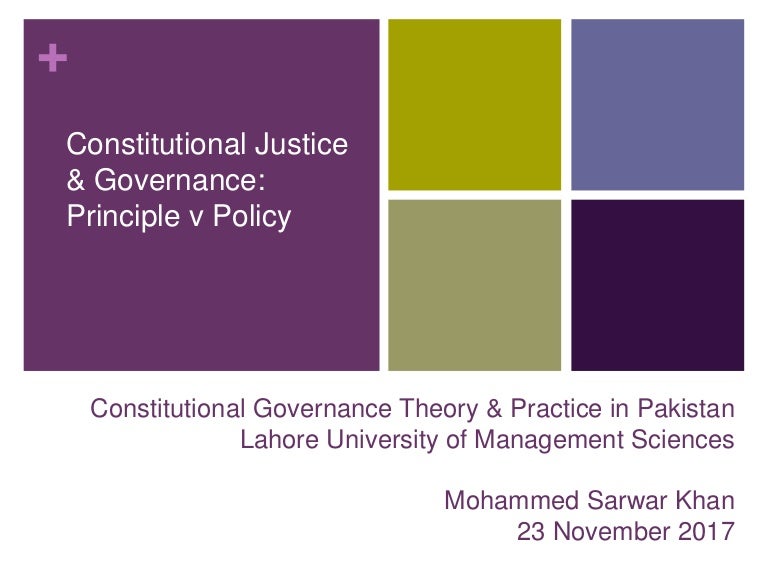In contemplating the nature of justice as a foundational principle in governance, one might pose a playful yet profound question: What if justice were viewed not merely as a reactive measure but as a transformative force in society? This inquiry invites us to delve into the Bahá’í teachings on justice, exploring the intricacies of how this principle can reconfigure human interactions and institutional structures to foster a more equitable world.
At the core of the Bahá’í faith lies the assertion that justice is an essential attribute of God, serving as a guiding principle for both individual behavior and societal governance. The teachings elucidate that justice transcends mere legality; it embodies a moral imperative that necessitates aligning policies and practices with the inherent dignity of all individuals. Bahá’u’lláh, the founder of the Bahá’í faith, staunchly advocated for the establishment of justice as the bedrock of society, asserting that “the best of rulers is one who is just.” This declaration emphasizes that a just governance system is imperative for the flourishing of civilization.
The sublime concept of justice in Bahá’í thought is inseparable from the notion of unity. A vital tenet is that justice must not only be equitable but also inclusive, acknowledging the varying circumstances and needs of diverse communities. This highlights the requirement for governance systems to adopt an integrative approach. Rather than applying a one-size-fits-all doctrine, Bahá’í teachings espouse the necessity of understanding the unique contexts within which governance operates. Tailoring justice to the realities faced by different groups becomes essential in ensuring that all voices are heard and respected.
A distinctive aspect of Bahá’í justice is its proactive nature. While conventional systems often address injustices post facto, the Bahá’í perspective champions preventive measures. This involves fostering environments in which justice can thrive, thus reducing the likelihood of conflict and ensuring social harmony. This preventative philosophy stands in stark contrast to punitive approaches, proposing that effective governance should prioritize reconciliation and healing over retribution.
Moreover, the interplay between accountability and justice merits critical consideration. In the Bahá’í worldview, accountability is a vital dimension of governance that enables justice to manifest effectively. It requires that leaders are subjected to the same standards of fairness as those they govern. This reciprocal relationship fosters trust between the governing structures and the populace, establishing a moral obligation for leaders to operate transparently and with integrity.
However, the implementation of such a justice-centered governance model is not without its challenges. Opponents may argue that the idealistic vision proposed by Bahá’í teachings is impractical. Is it reasonable to expect global harmony through adherence to unyielding principles of justice? Skeptics may contend that human beings are inherently flawed, driven by self-interest and ideological divides that thwart the efficacy of justice as a governing principle. Such criticisms beckon a deeper examination of how Bahá’í teachings can be operationalized in real-world scenarios.
In addressing these concerns, Bahá’í philosophy emphasizes the educative process inherent in establishing a just society. Education, according to Bahá’í teachings, plays a pivotal role in transforming attitudes and behaviors. The cultivation of virtues such as empathy, compassion, and integrity equips individuals with the tools necessary for fostering justice. Hence, systemic initiatives that aim at improving educational access and quality serve as foundational mechanisms for the broad acceptance and internalization of justice.
Furthermore, the Bahá’í perspective on the interdependence of global citizenship reinforces the embrace of justice within governance. As societies become increasingly interconnected, the imperative for justice expands beyond national borders. The global challenges of poverty, inequality, and conflict necessitate collective action rooted in justice. Thus, Bahá’í teachings advocate for a global governance framework that transcends parochial interests, promoting equity as a universal principle.
The spiritual nature of justice, as described in the Bahá’í writings, positions it not merely as a functional mechanism but as a sublime virtue intertwined with love and compassion. Governance, viewed through this lens, becomes an extension of spiritual principles, a manifestation of divine will that seeks to elevate humanity. This perspective aligns closely with the Bahá’í promise of unity, as justice inherently calls for the dissolution of prejudices, antagonism, and hatred that plague societies.
Moreover, the challenge of institutionalizing justice in governance raises the question of leadership. A just leader must not only understand the intricacies of governance but also embody the very principles of justice they seek to promote. This necessitates a reevaluation of leadership styles, pivoting toward those that emphasize collaboration, inclusivity, and moral rectitude—qualities that resonate deeply within Bahá’í teachings.
In conclusion, the Bahá’í view of justice as a principle of governance offers a comprehensive and transformative blueprint for societal development. While challenges to its application may exist, the foundational teachings advocate for a reimagined approach to justice that emphasizes preventive measures, accountability, and global unity. By cultivating a culture that elevates justice from an abstract ideal to a lived reality, societies can aspire to create contexts in which all individuals can thrive, embodying the essence of their inherent worth. In this way, justice transcends a mere concept; it becomes the lifeblood of a flourishing civilization, illuminating the path toward a more just and equitable world.
